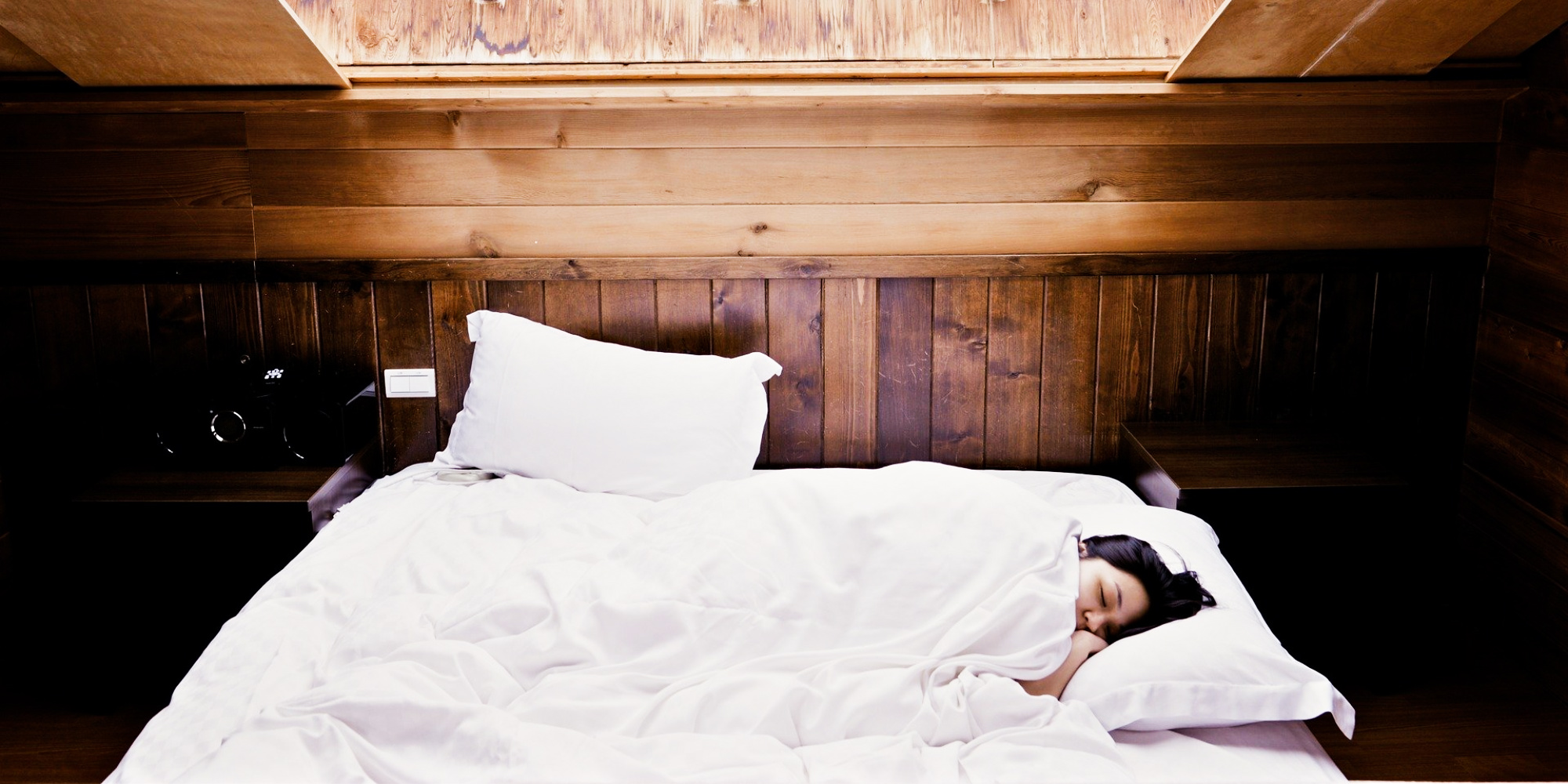Between 30 and 40% of French people would experience insomnia at one point or another in their life.
A very widespread pathology, while sleep disorders are poorly understood and have multiple implications.
The doctor in neurosciences Patrick Lemoine decrypts them on Europe 1, Tuesday afternoon, in the program "Sans Rendez-vous".
DECRYPTION
It is a pathology that haunts the evenings of many French people, faced with the prospect of a sleepless night (or almost): insomnia would concern 30 to 40% of French people who would be confronted with it at one time or another of their life, according to the France Insomnia association.
It is to better understand the contours of these sleep disorders that the doctor in neurosciences Patrick Lemoine was the guest of Europe 1, Wednesday afternoon.
The specialist looked at three little-known phenomena linked to these difficulties in falling asleep.
Aspirin, a way to fight against insomnia
Insomnia can sometimes cause us to wake up in the middle of the night, without being able to go back to sleep immediately.
In this case, the aspirin will help to find the arms of Morpheus a time neglected, assures Patrick Lemoine in the show
Sans Rendez-vous
.
"It lowers the temperature, quite stupidly. I take either an effervescent paracetamol or an effervescent aspirin. Why effervescent? Because it goes faster, with a faster bioavailability. So, I fall asleep quickly", explains- he, warning nevertheless against the absence of pharmacological studies on this link between aspirin and reduction of insomnia.
>> Find all of Sans rendez-vous in replay and podcast here
Some noises help you fall asleep
Who has never had the unpleasant sensation of being woken up by an outside noise in the middle of a deep sleep?
As Patrick Lemoine explains, there are noises that promote sleep and others that prevent or degrade it.
"Continuous noise promotes sleep, next to a waterfall or even a device. On the other hand, discontinuous noise, such as an airport or a noisy building, disturbs sleep and it is a disaster. Even if people tell you 'it does not wake me up', the cardiovascular system never gets used to it. With every noise, you have a stroke of high blood pressure. It has been shown that in noisy buildings the average blood pressure of the inhabitants is higher to that of quiet buildings. "
To find the noise that helps you fall asleep, on the other hand, there is no miracle: you have to test the dedicated applications and find the sound that brings calm and serenity.
It can be "flowing water, a lullaby, or even the sound of the heart," says the clinician.
Insomniacs are (usually) bigger
Everyone knows the proverb "who sleeps dines", but what is the real link between sleep and weight gain?
"We know that it is during the night that we update insulin and leptin", observes Patrick Lemoine, supporting study: "We take about thirty people in very good health, young people. , all in good shape and, for a fee, they are prevented from sleeping more than five hours a night. And after two weeks, they are pre-diabetic, that is to say, their insulinemia has dropped and they have insulin resistance. If you sleep poorly and have the diabetes susceptibility gene, you risk falling into diabetes, "he warns.
"As for leptin, which is the hormone of society, it is secreted during the night," he continues.
"If we do not sleep well, leptin is in deficit. We eat too much. It has been shown that insomniacs are much bigger than good sleepers" because of this imbalance, illustrates the specialist.

